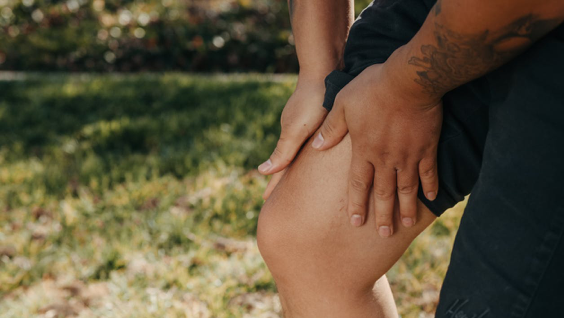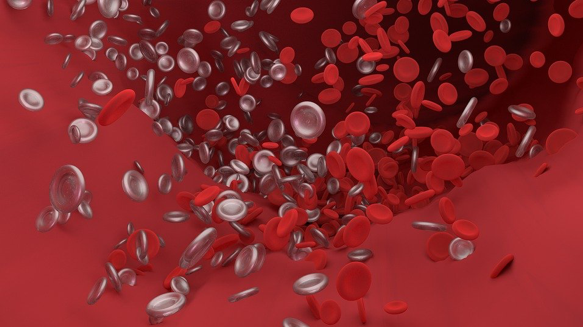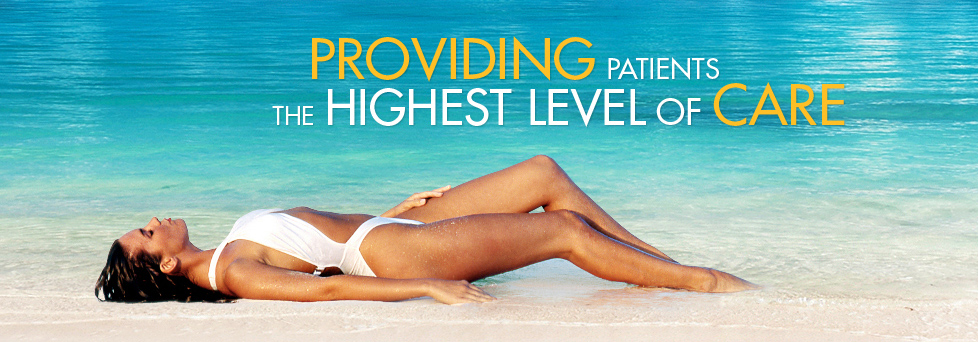What are extreme varicose veins? Reports show that 23 percent of adults in the US experience varicose veins, making it fairly common among the population. These large and dark veins appear to bulge under your skin, making them seem very prominent. Varicose veins most commonly appear on the legs, but they can appear anywhere on the body. The health risks associated with varicose veins have been a great concern for many patients dealing with varicose veins or for those who are prone to it.
Varicose veins don’t have a major effect on your health. However, if you leave them untreated and the condition grows worse, you put your health at an even bigger risk. This article talks about the potential health risks associated with varicose veins. So read further below to learn if your varicose veins are a threat to your health.

(Source)
Varicose Veins Potential Health Risks
Facing health complications when you have varicose veins is very rare. Nevertheless, having varicose veins puts you at a higher risk of developing complications as opposed to someone without varicose veins. Even if professionals say it’s not very common, it’s important to stay aware and prevent the development of certain conditions. At some point, it risks getting worse, especially without effective treatment. Mentioned below are the potential health risks associated with varicose veins:
Skin Ulcers
You are more likely to get skin ulcers near the positioning of your varicose veins. These usually appear near the ankle and come with an ample amount of pain and discomfort. You won’t really notice the ulcer in the initial stages, but usually, it first appears as a discolored spot on the skin. Gradually, it becomes an ulcer. If you feel like you may have developed an ulcer because of your varicose veins, you must immediately consult your doctor.
Minor Bleeding
In certain cases, the condition can grow so severe that it causes bleeding. The varicose veins grow bigger, causing a rupture in the skin. This results in minor bleeding that, although minimal, does need medical attention. This is one of the reasons you must seek treatment for varicose veins as soon as possible before they grow too big and cause the skin to burst.
Blood Clots
Varicose veins most likely tend to appear in the legs, pretty deep, and this causes them to enlarge over time. Having enlarged veins deep within your leg is quite painful and can lead to excessive swelling, making it difficult for you to walk properly. If you’re experiencing pain in your leg and it doesn’t get any better over time, you need immediate medical attention. Such pain is a major sign of a blood clot in your leg. The formation of blood clots because of varicose veins is also known as Thrombophlebitis.
Pulmonary Embolism
According to many researchers, when you have varicose veins, you’re at an increased risk of developing pulmonary embolism. This is a condition by which the blood clot breaks down and goes towards your lungs. Once it reaches your lungs, it excessively threatens your health and makes way for more health complications.
Deep Vein Thrombosis (DVT)
Patients with varicose veins are at an increased risk of developing DVT, which stands for Deep vein thrombosis. This is a condition in which the blood clots begin to develop in a very deep vein that appears inside the thigh or lower leg. This, again, may cause pain and lead to many other health complications.

(Source)
How to Prevent Extreme Varicose Veins
Considering the potential health risks linked to varicose veins, you would want to do everything in your power to prevent extreme varicose veins from affecting you. Fortunately, you can take certain preventative measures that make it less likely for you to develop varicose veins. Mentioned below are a few tips on how you can prevent varicose veins:
Don’t stand for a long period
You have to keep your legs active at all times. You must avoid standing in one position for long periods of time. You can keep a reminder on your phone to walk for a few minutes after a period of standing or sitting in the same position, especially if your job requires you to stand.
Reduce Salt Intake
Salt is the number one cause of high blood pressure, leading to further fluid retention
Engage in Physical Exercise
Exercise every day to improve blood circulation in your body
Other Tips:
- Maintain your weight
- Quit smoking
- Elevate legs above heart level
- Avoid wearing fitted clothes
- Keep away stilettos
Extreme Varicose Veins: Conclusion
Now that you are aware of the threat that extreme varicose veins can pose to your health, it is important that you receive proper diagnosis and treatment from an experienced medical professional.
Visit the top vascular surgeon in NY, Dr. Norman Chideckel, for the best varicose veins and vascular treatments in NYC.


